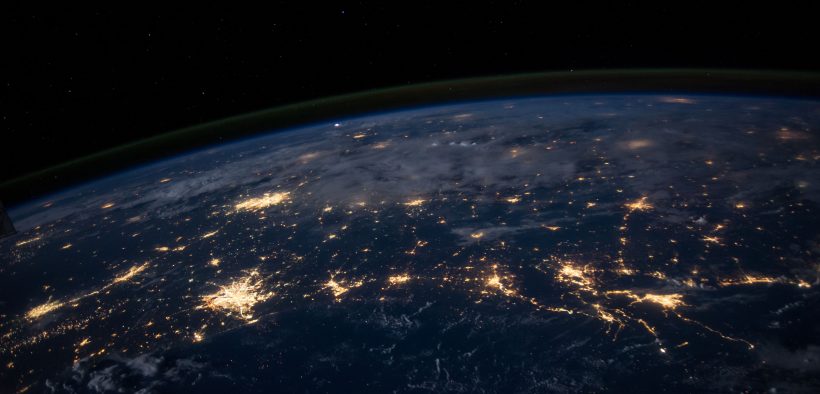Digital Colonialism

When you’re posting something for your friends to see on Instagram or researching background information for an assignment on Google, increasingly prominent economists and activists believe you are participating in colonialism.
In the 17th, 18th, and 19th centuries, it was often private companies backed by imperialist powers, including the British East India Company, the Dutch East India Company, and others, rather than governments themselves, which gained control of entire continents.
The latter was so massive that it was described as not just a corporation, or even an empire, but a “world” unto itself, to the point that even today, the “VOC World” is considered an interdisciplinary branch of study in the Netherlands.
Today, the social media and the internet both connect the world, and include “worlds.” But these worlds are controlled by a group of corporations – known as the FAANGs to investors (Facebook, Apple, Amazon, Netflix, and Google, and you might well change the s to a Z for Zoom these days) – which are all based in America or headquartered in an Irish tax haven.
These companies all make profits by selling advertising, behavioral analytics, and futures models based on the data of billions of people worldwide using their services. Data has been described in the pages of the Financial Times, the Economist, and WIRED magazine as “the new oil,” greasing the gears which set the world economy into motion.
Now, former colonial subjects, especially India and South Africa, are raising the alarm over what they see as “digital colonialism.” Critics, such as Renata Avila, a Guatemalan lawyer-activist focused on technology, have argued that data colonialism follows an “extractivist” logic. If data is a resource like oil, she and other proponents of the theory argue, it is being taken out of the sovereign reach of their publics and hoovered up by First World multinationals.
Last year, the G20 summit in Japan saw rich, industrialized countries coalesce around the “Osaka Track” agenda to allow the free flow of data around the world. New Delhi and Johannesburg, along with Jakarta and some others, refused to sign off on the proposals, saying that they left little ability for regulation by states.
In a sense, these battles are re-runs of not only old-school gunboat politics but debates over developmentalism versus free trade. Countries without native technology companies believe that their citizens’ data is best used to develop their own economies.
For its part, the U.S. government under presidents Obama and Trump alike have sought to keep markets for digital data open and have penalized some countries for going against the interests nreb internet agendas of tech giants
Companies such as Facebook often portray themselves as liberators of the Third World, connecting billions to a global marketplace. But historians of postcolonialism say that’s all part of the pitch.
Interviewed by the Atlantic on the topic, Deepika Bahri, a professor at Emory University, wrote that like imperialism, digital colonialism “rides in like a savior, band[ies] about words like equality, democracy, basic rights…[and] accuse[s] the critics of ingratitude.”
Even while tech giants have mastered the art of monetizing the data of people in the Global South for profit, increasingly, this data is used to directly interfere in the local politics of those countries.
Last year’s documentary The Great Hack exposed Cambridge Analytica, a UK data firm which was discovered to have manipulated elections in Kenya, Malaysia, and 66 other countries. The company was fronted by Steve Bannon, former chief strategist in the Trump White House, who while in the Trump White House advocated privatizing the war in Afghanistan, setting up a “viceroy” to oversee the sale of the country’s minerals. Silicon Valley has itself come under fire for explicitly praising historical colonialism – the site was briefly hit after one of the members of Facebook’s board of directors said “anti-colonialism” was the reason for India’s “catastrophic” economy.
With traditional colonial ideologies and new technologies blurring, only time will tell if this new anti-colonialism will win or perpetuate a world order where, centuries after the demise of the VOC World, former colonies and colonizers seem locked in the position of “haves” and “have-nots.”



